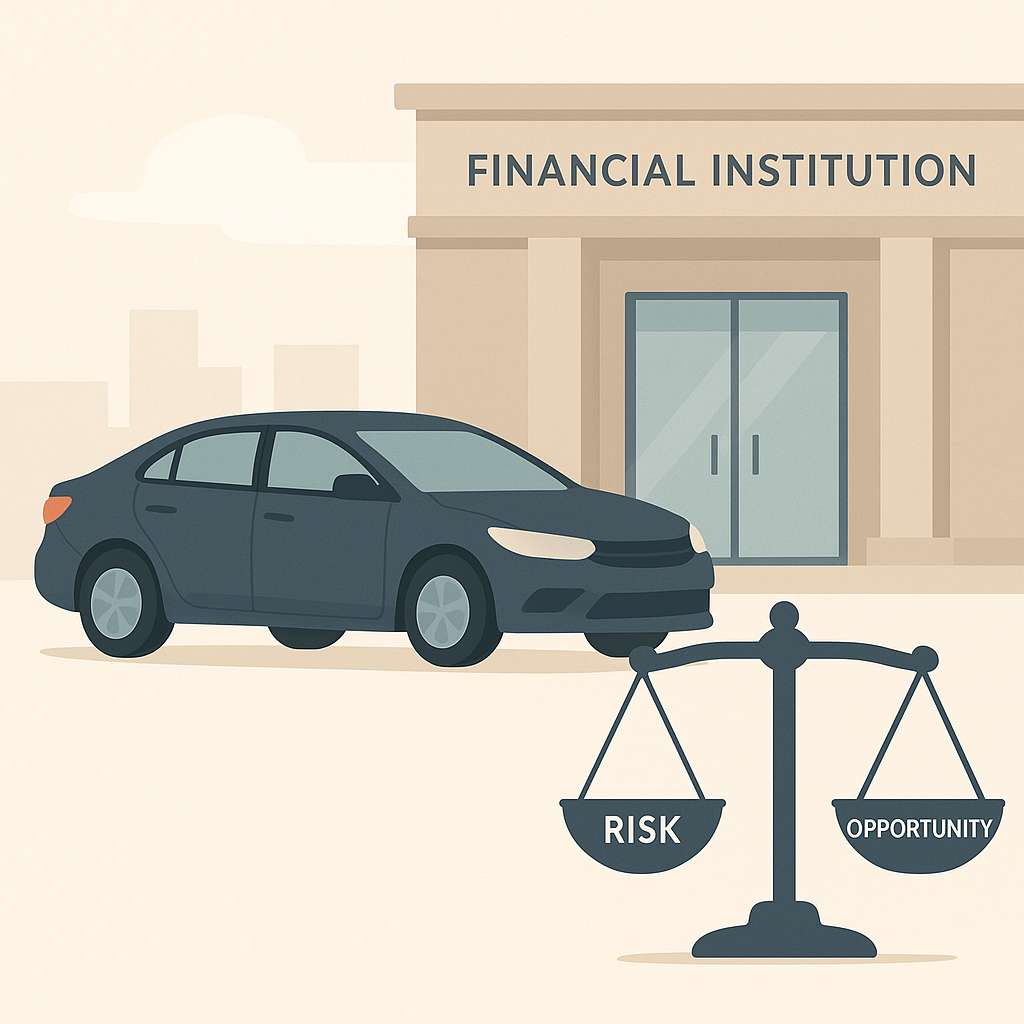Companies offering loans without credit check: Traps and truths!
Loans have long been a solution for those needing fast access to cash, whether for emergenci es, big purchases, or debt consolidation. However, as the financial landscape evolves, more people are exploring alternative borrowing options outside traditional banks. This article aims to break down the world of loans in simple terms. We’ll explore different types of borrowing, how interest rates can impact your repayment plan, and what to watch out for when choosing a lender.
Understanding modern loan options

In today’s financial world, loans are no longer limited to just banks and credit unions. Peer-to-peer lending platforms, fintech apps, and online lenders have diversified the borrowing landscape. These modern options often promise speed and convenience, but they also come with unique conditions and eligibility criteria that borrowers must carefully evaluate before signing any agreement.
According to a 2024 FinTech report, over 60% of personal loans in the U.S. are now issued by non-traditional lenders. This shift reflects consumers’ desire for quick access to funds, minimal paperwork, and competitive interest rates. Yet, these perks sometimes come with hidden fees, variable rates, or higher risk for those with poor credit scores.
Fixed vs. variable rates explained
When choosing a loan, one of the most important elements is the interest rate—particularly whether it’s fixed or variable. A fixed rate means your payments stay the same throughout the loan term, offering stability and predictability. On the other hand, a variable rate can fluctuate based on market trends, potentially lowering your monthly payments or making them unexpectedly higher.
For example, a borrower with a fixed 10% APR on a $10,000 loan will pay the same amount each month. But with a variable rate, if interest rises to 14%, your payment increases. While variable rates can be attractive during low-rate periods, they add uncertainty, especially over longer terms.
How your credit impacts borrowing
Your credit score plays a critical role in determining not just whether you qualify for a loan, but also what terms you’re offered. Lenders use this score to gauge your reliability as a borrower. A high score can unlock lower interest rates and better terms, while a low score might limit your options or result in higher costs over time.
Recent surveys indicate that individuals with scores above 700 receive average personal loan rates around 8%, compared to 20% or higher for those below 600. That gap can translate into thousands of dollars in interest. Therefore, monitoring and improving your credit before applying can make a substantial difference in what you’re offered.
Boosting your approval chances
If your credit isn’t ideal, there are still strategies to improve your odds of approval. Start by reducing outstanding debts and avoiding late payments to strengthen your credit profile. You can also consider secured loans, which use collateral like a car or savings account to back your application—often resulting in lower interest rates.
Additionally, some online lenders offer “soft credit check” pre-approvals. These allow you to compare loan terms without affecting your score. Always read the fine print and avoid predatory lenders that promise easy cash with little verification but impose exorbitant fees. Responsible borrowing starts with clear understanding and careful comparison.
Smart borrowing means strategic planning
Loans can be powerful financial tools when used wisely. They help manage emergencies, consolidate high-interest debt, or invest in goals like education or home improvement. But like any financial product, they require thoughtful planning. Before applying, assess your repayment ability, compare offers, and align the loan purpose with your long-term goals.
Informed borrowing reduces the risk of default and financial stress. Whether you’re navigating traditional banks or exploring digital platforms, make sure you understand the full cost of the loan, including interest, fees, and conditions. With knowledge and strategy, loans can support—not sabotage—your financial health.















